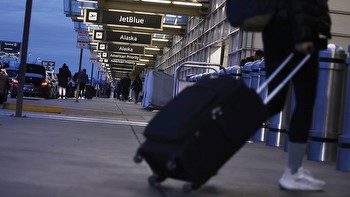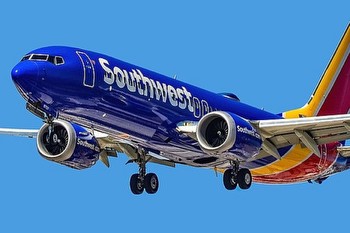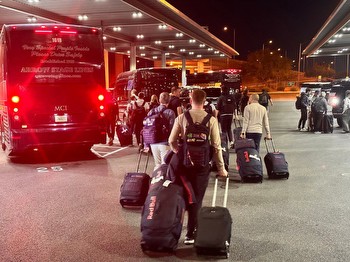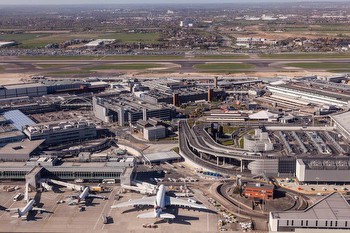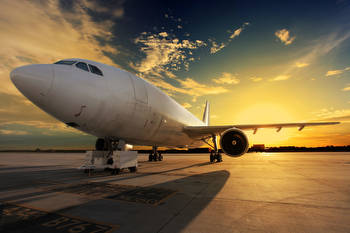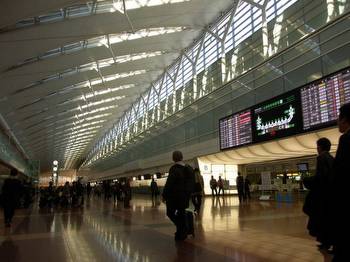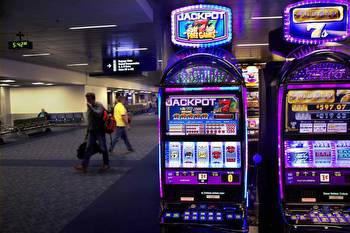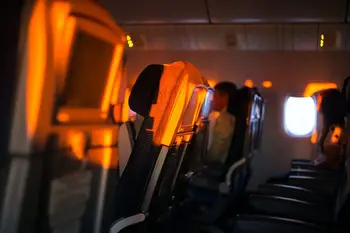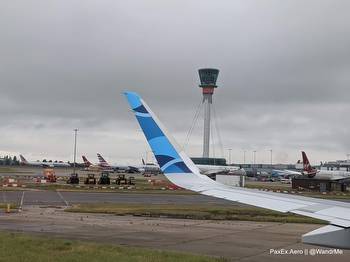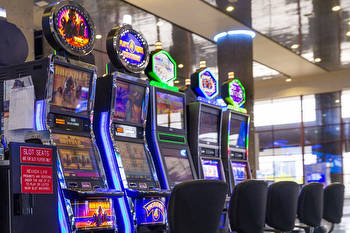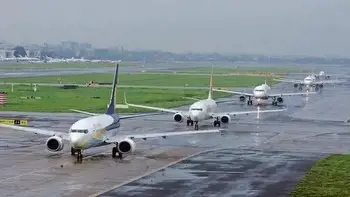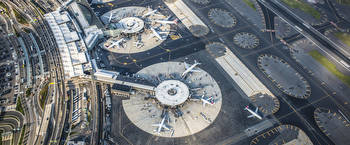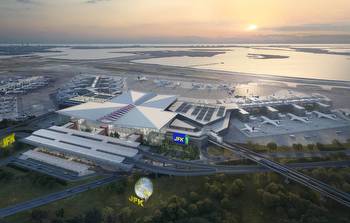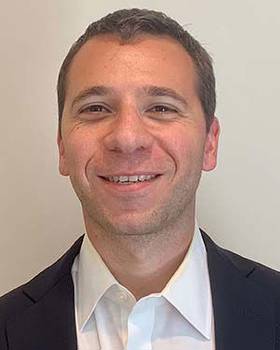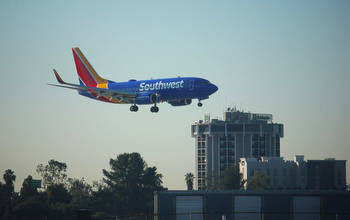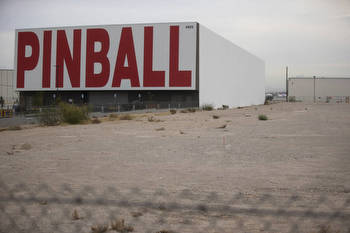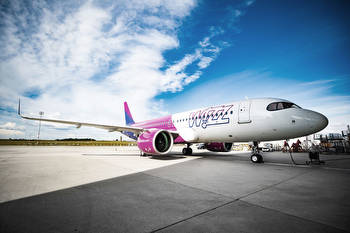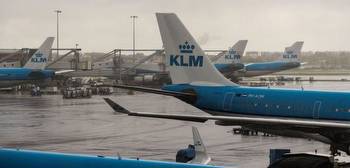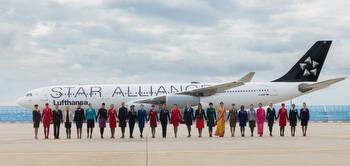Qantas capacity rebound raises slot waiver questions

The federal government’s decision to extend airport slot waivers will likely be questioned further after Qantas said its domestic capacity is set to reach 110 per cent of pre-pandemic levels at Easter.
The airline revealed on Friday its upcoming holiday numbers compare with an average of just 40 per cent in the second half of 2021, as multiple states and territories faced COVID restrictions.
Australian Aviation reported earlier this month that airlines will only need to fly 70 per cent of their allocated take-off times to prevent rivals from taking over the service long into 2022.
The new rules, which have been condemned by the ACCC and new entrants Bonza and Rex, will run from 27 March until 29 October this year domestically.
Australia’s slot system attempts to shield airlines from having to unexpectedly cancel flights as well as increasing competition domestically, ensuring no one operator holds a monopoly.
A slot is a literal time slot that allows an airline to take off at a specific airport at a particular time. Pre-COVID, if an airline held a slot, it could keep it to itself, but only if the business used it for 80 per cent of the time.
Those rules were hugely relaxed during COVID as lockdowns and border closures caused hundreds of cancellations, but have now been criticised by both Rex and Bonza as stifling their ability to run services at the most popular times.
The problem is thought to be most endemic at Sydney Airport, which is at near capacity and has an effective monopoly.
Qantas’ positive numbers also across all airlines beginning to hit their pre-omicron peaks.
In March, an ACCC report said, “At capacity-constrained Sydney Airport, new and expanding airlines can find it very difficult to obtain slots at peak periods, which in turn acts as a barrier to competition. As discussed above, new airline Bonza said that the lack of access to slots was one of the reasons why Sydney was not included in its initial route network.
“Rex is also looking for permanent access to peak period slots to support its expansion into intercity jet services.
“Waivers from slot usage requirements have enabled international airlines to retain their slots despite minimal or no flying, which will facilitate their return as demand for international travel grows.
“However, the waivers may also have delayed domestic airlines getting permanent access to slots held by certain international airlines that will ultimately decide not to recommence services in and out of Australia.
“The ACCC is engaging with government on reforms to the demand management scheme at Sydney Airport. In particular, we consider that historic precedence to slot allocations should not be used to protect incumbent airlines from competition.”
It concluded the rules could potentially act as a “key barrier to entry and expansion for airlines”.
Speaking at the CAPA aviation conference in November last year, Rex’s deputy chairman, John Sharp, accused Virgin of effectively squatting on slots retained after it shut down Tiger.
“After administration, [Virgin] had 58 aircraft,” said Sharp. “That’s a 56 per cent reduction. And now they’ve gone from that number to the 68 aircraft, but that’s still a 49 per cent reduction in their numbers pre-COVID.
“And yet today, Virgin has more slots in Sydney Airport than before, but half the number of aircraft. Virgin is sitting on slots and holding them, knowing that they will not use them, but they’ll keep holding onto them until the government changes the way things work.”
Sharp subsequently told the Australian Aviation print magazine that the slot system – which he ironically introduced as transport minister decades ago – should have had a 90-10 split, rather than 80-20.
“We should have put an audit process in place to make sure airlines were only cancelling flights within a slot for legitimate reasons or reasons related to something beyond their control,” said Sharp. “So that’s a mistake we made at that time.”
Bonza CEO Tim Jordan also told Australian Aviation his airline is prepared to walk away from airports that don’t come to the negotiating table on fees, and is said to have struggled to obtain premium slots at Sydney.








